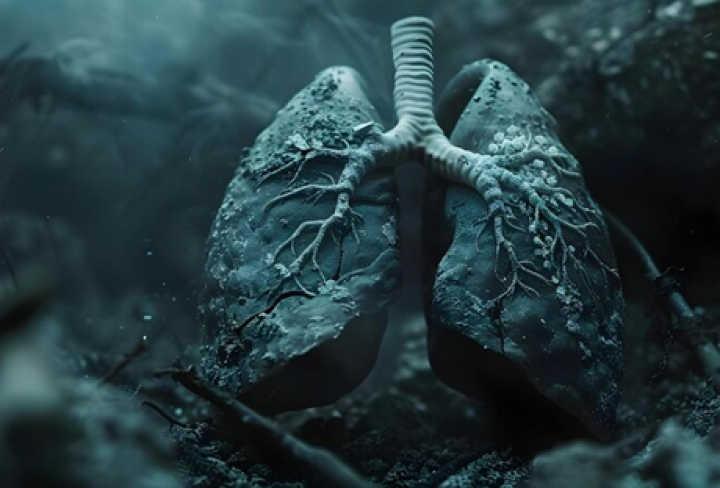Acute Respiratory Distress Syndrome is a serious lung condition, but life doesn’t stop with a diagnosis. Beyond understanding its symptoms and immediate treatments, managing ARDS effectively also involves post-hospital care, rehabilitation, and strategies to improve lung health. In this blog, we explore the less-discussed yet essential steps to help patients and caregivers navigate life after ARDS.
Beyond the Hospital: The Journey to Recovery
While hospital treatment focuses on saving lives with oxygen therapy, mechanical ventilation, and medications, the road to recovery truly begins after discharge. Pulmonary rehabilitation programs aim to enhance lung capacity and overall respiratory function
1. Pulmonary Rehabilitation: Rebuilding lung capacity is crucial after ARDS.
- Breathing Exercises: Techniques such as diaphragmatic breathing can strengthen the lungs and increase oxygen intake.
- Physical Activity: Gentle, guided exercises improve stamina and help regain physical strength lost during hospitalization.
2. Nutritional Support: Nutrition plays a key role in recovery. A balanced diet rich in:
- Antioxidants (Vitamin C, E): Found in citrus fruits and nuts, these help reduce lung inflammation.
- Omega-3 Fatty Acids: Found in fish, flaxseed, and walnuts, they support respiratory health.
- Protein: Critical for rebuilding muscle strength lost during prolonged immobility.
Work with a dietitian if needed to optimize your recovery diet.
Managing Emotional and Mental Health
The psychological impact of ARDS is often overlooked. Survivors may experience Post-Intensive Care Syndrome (PICS) or anxiety related to breathing difficulties. Address these challenges by:
- Seeking Counselling: Mental health professionals can provide strategies to cope with trauma and stress.
- Joining Support Groups: Connecting with other ARDS survivors can help reduce feelings of isolation and provide hope.
Preventing ARDS Recurrence
For those at risk of ARDS recurrence, preventive measures are vital:
- Stay Up to Date on Vaccinations: Pneumonia and flu vaccines can reduce the risk of respiratory infections, which are common ARDS triggers.
- Avoid Smoking and Pollutants: Smoking and exposure to air pollution can worsen lung health, making you more vulnerable.
- Manage Chronic Conditions: Proper control of conditions like diabetes, heart disease, or asthma lowers the risk of future complications.
for Caregivers
Caregivers play a vital role in ARDS management. If you’re caring for someone recovering from ARDS:
- Learn about their condition and provide emotional support.
- Ensure you get rest and seek help from other family members or professionals to avoid burnout.
Managing ARDS goes beyond the hospital stay—it’s about restoring lung function, rebuilding strength, and addressing mental well-being. With a proactive approach to rehabilitation, nutrition, and prevention, ARDS survivors can reclaim their quality of life.



